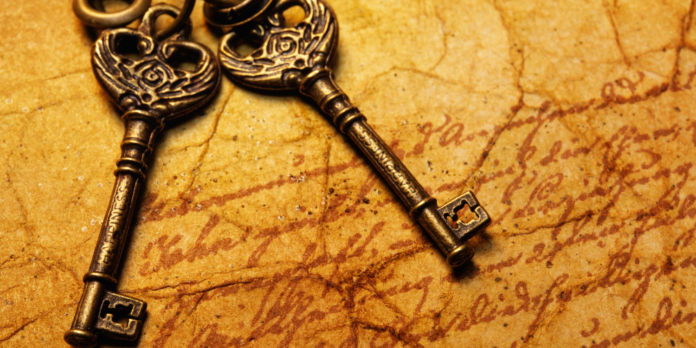Did you know that Lisbon, Portugal was once a city of spies and Nazi gold? I must confess, I knew little—prior to conducting research for The Book Spy—about the role of Portugal in World War II. Neutral Lisbon was a city of espionage. The hotels, most notably Hotel Palácio and Hotel Atlântico near Casino Estoril, were crawling with Allied and Axis spies. Informants were everywhere, and the city was swirling with rumors and counter-rumors.
Many historical figures make appearances in The Book Spy, such as President Franklin Delano Roosevelt, William “Wild Bill” Donovan, and Portugal’s prime minister and dictator—António de Oliveira Salazar. Additionally, many real events are weaved into the tale, including the world’s largest gold laundering scheme.

Wolfram (tungsten ore) was a critical element to supply Hitler’s war machine, and Portugal’s dictator, António de Oliveira Salazar, used the sale of the ore to essentially buy his country’s neutrality. Nazi gold, which was looted from the vaults of conquered central banks of Europe and victims of the Holocaust, was used by Germany to purchase Portugal’s wolfram. To keep Salazar’s financial dealings with the Germans a secret, a complex gold-laundering operation was created between German, Swiss, and Portuguese banks. Allied intelligence estimated that Portugal received 400 tons of Nazi gold, which is likely underestimated. After the war and years of negotiations, Salazar and the Allies eventually agreed that Portugal would return a mere four tons of gold. To this day, the majority of the gold is rumored to remain in the vaults of the Bank of Portugal.
Perfect for fans of Kate Quinn, Marie Benedict, and Pam Jenoff and inspired by true stories of the heroic librarian spies of WWII, the new book from the internationally bestselling author of Churchill’s Secret Messenger transports readers from the New York Public Library to Portugal’s city of espionage in a thrilling, riveting tale.
An American librarian. A Portuguese bookseller. A mission to change the tide of the war.
1942: With the war’s outcome hanging in the balance, President Roosevelt sends an unlikely new taskforce on a unique mission. They are librarians and microfilm specialists trained in espionage, working with a special branch of the Office of Strategic Services and deployed to neutral cities throughout Europe. By acquiring and scouring Axis newspapers, books, technical manuals, and periodicals, the librarians can gather information about troop location, weaponry, and military plans.
Maria Alves, a microfilm expert working at the New York Public Library, is dispatched to Lisbon, where she meticulously photographs publications and sends the film to London to be analyzed. Working in tandem with Tiago Soares, a Portuguese bookstore owner on a precarious mission of his own—providing Jewish refugees with forged passports and visas—Maria acquires vital information, including a directory of arms factories in Germany.
But as she and Tiago grow closer, any future together is jeopardized when Maria’s superiors ask her to pose as a double agent, feeding misinformation to Lars Steiger, a wealthy Swiss banker and Nazi sympathizer who launders Hitler’s gold. Gaining Lars’ trust will bring Maria into the very heart of the Fuhrer’s inner circle. And it will provide her with a chance to help steer the course of war, if she is willing to take risks as great as the possible rewards . . .
Reprinted with permission from Kensington Books.







